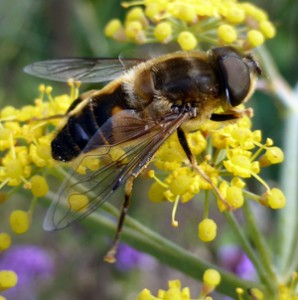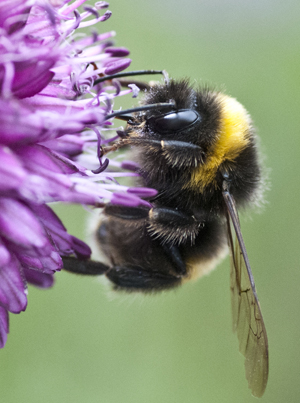Biodiversity and farming

We are dependent on ecosystem services . At the most basic of levels, early humans benefitted from the ‘products of nature”; that is fruits and seeds to eat, animals to hunt. Ecosystems, like woodlands, provided shelter from some of the harsher aspects of climate and weather. Now we can add in ‘services’ such as the provision of medicines, waste removal, nutrient recycling and recreational experiences.
However, the large scale farming (of monocultures) has affected many of these services and the biodiversity of many areas. Ecologists and biologists have looked at a range of diverse major agricultural systems including
- Oilseed rape fields in Sweden
- Coffee plantations in India
- Mango plantations in South Africa
- Cereal Crops in Europe
 They focused on two aspects of ecosystem services in these systems, namely
They focused on two aspects of ecosystem services in these systems, namely
- Pollination services provided by insects in the area. And
- Control of crop pests etc provided by predatory insects / spiders within the area.
They found that where the landscape associated with a crop is more varied, ie. those that included not just farmland and crops but also hedges, trees, meadows and ‘wild’ areas, so there was a greater number and variety of pollinators such as bees, bumblebees, hoverflies etc. As a result , pollination and biological control were greater and more effective and the crop yield was enhanced.
Biodiversity is not just important in helping to maintain / improve the productivity of agricultural systems, but will become increasingly important in terms of providing resilience in the face of climate change and extreme weather events.
Comments are closed for this post.
